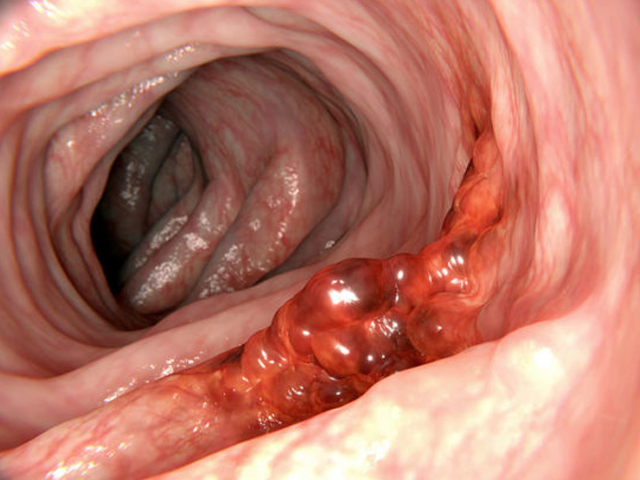
What is Colorectal Cancer
Colorectal cancer is the general name given to two cancer types which share many similar characteristics: colon cancer and rectal cancer. In terms of incidence, it ranks third after lung and prostate cancer in men and second after breast cancer in women. It is a fatal type of cancer if left untreated. It is recommended that everyone should have regular screening tests after the age of 45 for early diagnosis of the disease, which usually occurs in the 40s.
Colorectal Cancer Risk Factors
- Age: Although this type of cancer can occur at any age, studies show that 90% of patients are in the over-40 age group.
- Polyps: Most polyps in the colon are benign but some turn into cancer in the long run.
- Family history: History of same cancer in a first degree relative such as mother, father and siblings.
- Genetic disorders: Inherited cancer syndromes such as familial adenomatous polyps.
- Past cancer history: People who have survived cancers of the colon, breast, uterus and ovaries are about 2 times more likely to develop colon cancer or rectal cancer.
- Ulcerative colitis or Crohn’s disease: Inflammatory bowel diseases (ulcerative colitis and Crohn’s disease) are triggers. The risk in people with these diseases is 10 times higher than average person.
- Unhealthy Life: Excessive consumption of red meat, processed meats, animal fats and carbohydrate-rich foods, insufficient fiber in the diet and low consumption of fruits and vegetables are among the factors that increase the risk, besides sedentary lifestyle, smoking, alcohol use and obesity.
Colorectal Cancer Symptoms
While the first stages of this type of cancer are usually asymptomatic, the following symptoms may be observed as the disease progresses:
- Blood in the stool
- Diarrhea or constipation, sudden and unexpected changes in bowel movements
- Unexplained weight loss
- Abdominal pain
- Feeling of fatigue
- Anemia due to iron deficiency
- Thin stooling
- Vomiting
- Frequent gas pains, cramps
- Feeling of fullness in the abdomen
Colorectal Cancer Diagnosis Methods
Family history, changes in defecation and bowel movements, weight loss and bleeding are first questioned by your physician. Other diseases the patient has will also be reviewed and then a rectal palpation will be performed. Rectal palpation is a basic examination performed by finger. Other procedures are
- Complete blood count: A complete blood count is an important test for diagnosis. In addition, this test can detect changes in red blood cell levels in people with bleeding. This is a sign of anemia.
- Test for occult blood in the stool: This test, which determines whether there is occult blood in the stool sample given by the patient, is also among the tests that help to make a diagnosis.
- Colonoscopy: In a colonoscopy, a device is inserted through the anus to examine the inner lining of the large intestine. During colonoscopy, tissue samples can be taken for biopsy and polyps can also be removed. In addition, cancer cases that are diagnosed early and have not yet progressed can be treated with colonoscopy.
Colorectal Cancer Treatment
The primary treatment options are surgical methods. Chemotherapy and radiotherapy are other treatment options depending on the stage of the cancer. Before starting treatment, the stage of the cancer should be determined and the patient should be informed about treatment options, side effects of each option and changes that may be seen after surgery.
It should be remembered that colon and rectal cancer are treated differently. Therefore, whether surgery or chemotherapy/radiotherapy is preferred in these two types of cancer may vary from patient to patient.
Call Now and Get a Free Consultation for Surgery in Turkey
From obesity surgery to aesthetic operations and urologic procedures to cancer treatments, call us now and get A to Z information about your options. Let’s plan your VIP health service in Turkey with globally affordable prices in the best Turkish hospitals. Let’s walk to a better, healthier and cheerful life together.



